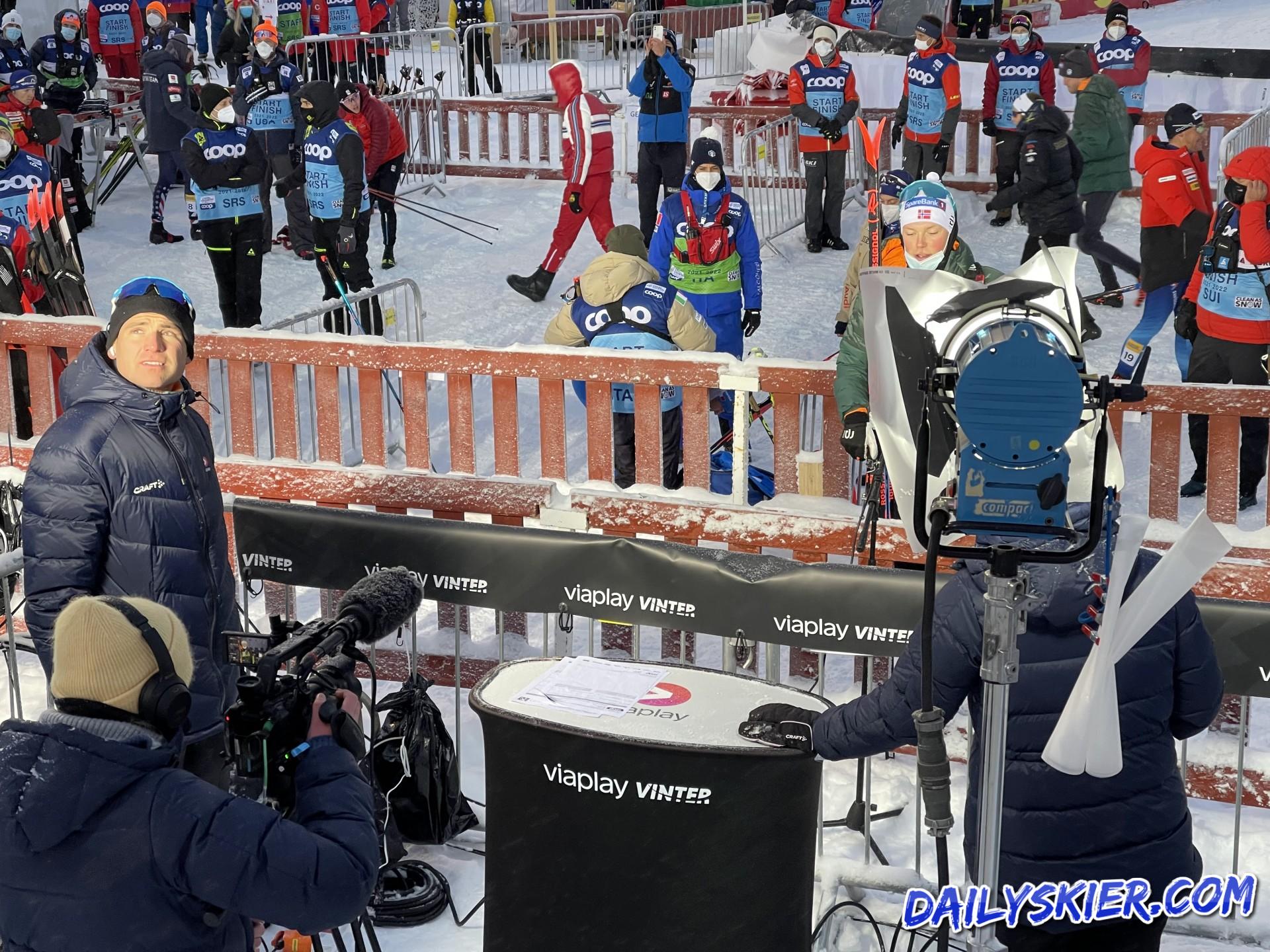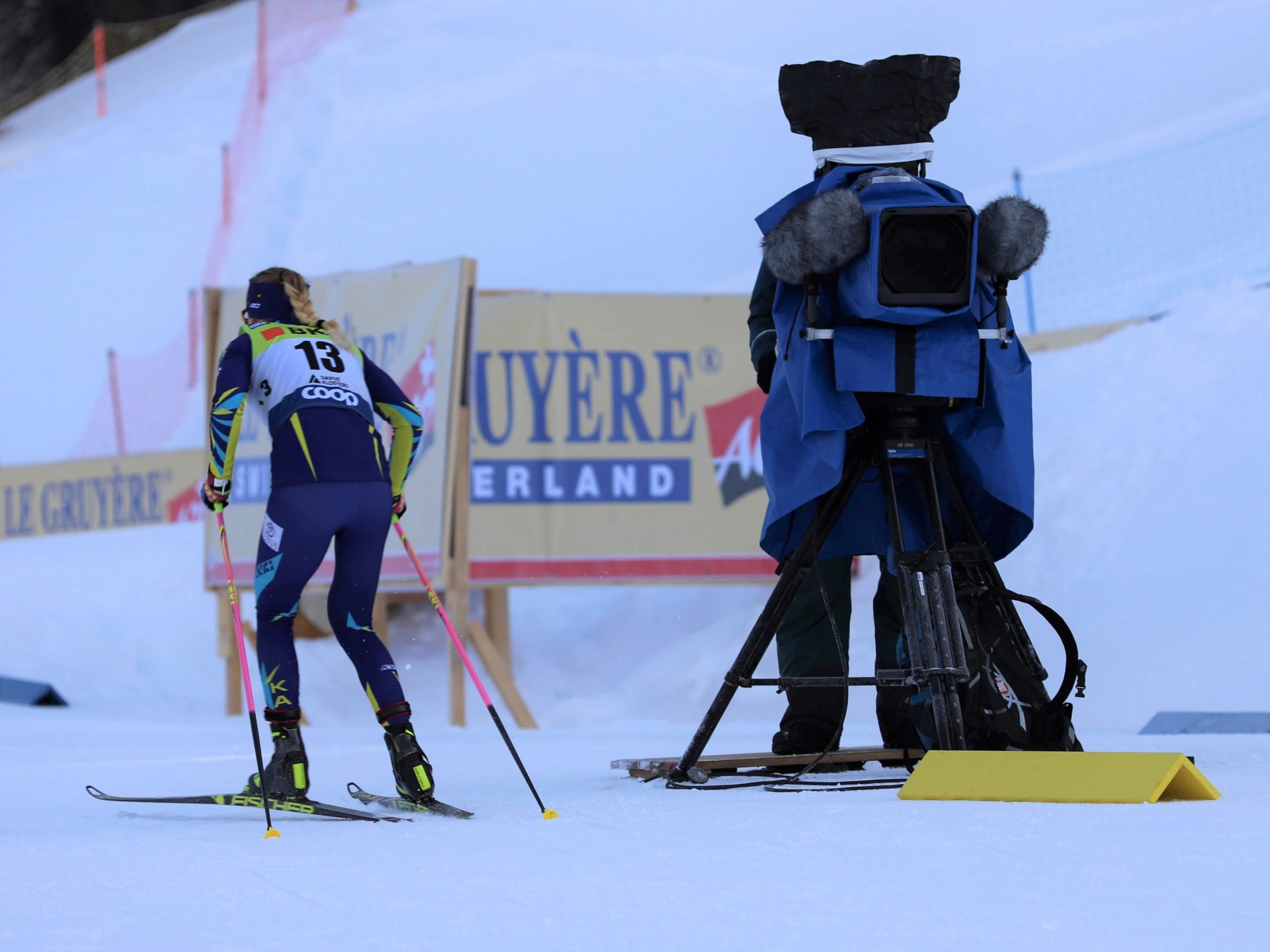
Don’t just read this story. Share and save. It has zero journalism. Just a explanation as to how all the cogs fit together to create that machine that you watch on television or read about online – international cross-country skiing.
– Cross country skiing might be a niche sport but it’s still a professional sport and as such it both spends and makes money.
– Sales of television ( = broadcasting) rights pay a lion share of the bill in every spectators’ sport. Moreover, other sponsors only care about a particular sport because of television exposure which is a nice name for a free advertising to target groups of viewers.
– You can change format, styles, length or location of races, but if television bosses for whatever reason lose interest to your particular sport, it’s the end of the money flow.
– Cross country skiing is as televised sport is a very peculiar case.
First, television rights are not owned by the international body like in pretty much every other sport. The reasons for it are historic and rather murky and shall be addressed another day.
Second, cross country skiing is currently shown mostly on public, free-to-air national television stations in all the key stakeholder markets.
– To paraphrase it: collective tastes and senses of right & wrong of several sports broadcasting bosses at ARD/ZDF, NRK, SVT, YLE and, to some extent, Russian national broadcaster were for a long time determining composition, venues and format of the World Cup and cross-country part of the World Championships ( The Olympics television rights are controlled by the International Olympic Committee and are very separate story from the one we are trying to tell here).
Is it oversimplification? A bit – of course, FIS bosses have a say and some of the money do come from the event organizers and all sorts of other sponsors. But if you think of the international skiing as a company – television would be its biggest shareholder/ investor.
– Prices of nearly everything in life have unpleasant side – they tend to go up. And up. And up. Certainly true in case of television rights. Not every overall boss of a television station is a dedicated sports fan, even fewer of them are dedicated hard-core skiing fans. With each cycle ( sports television rights are almost never sold per season – it’s nearly always three, four of more seasons) to have sport in general and skiing in particular becomes more and more expensive.
– Sporting events produce great ratings ( but only if home country guys and gals win) but they are far more expensive than, say, a documentary about lives of local bugs or socially-responsible television drama. To partially offset that ARD/ZDF, NRK etc. had to lobby for unthinkable – allowing advertising spots on their broadcasts, banned in every other programming on publicly funded channels, in exchange for hard cash for securing those TV rights.
– Big advertisers (and who wants small ones?)tend to think in a complex way. The have a very specific goal: to make sure your local hero wins and you, newly excited fan, run to shop in a particular store, bank in a particular bank and lunch in a particular fast-food chain ( remember McDonald’s logo on a certain team suits? ) . In bigger markets like in Norway, Sweden, Germany big companies would sponsor two actors in that show: the national team itself to make sure they win – and broadcasting to make sure everybody saw them win ,live on TV.
…the system has taken this shape some 25 years ago and has largely survived unchanged till our days…but times they are a-changing.
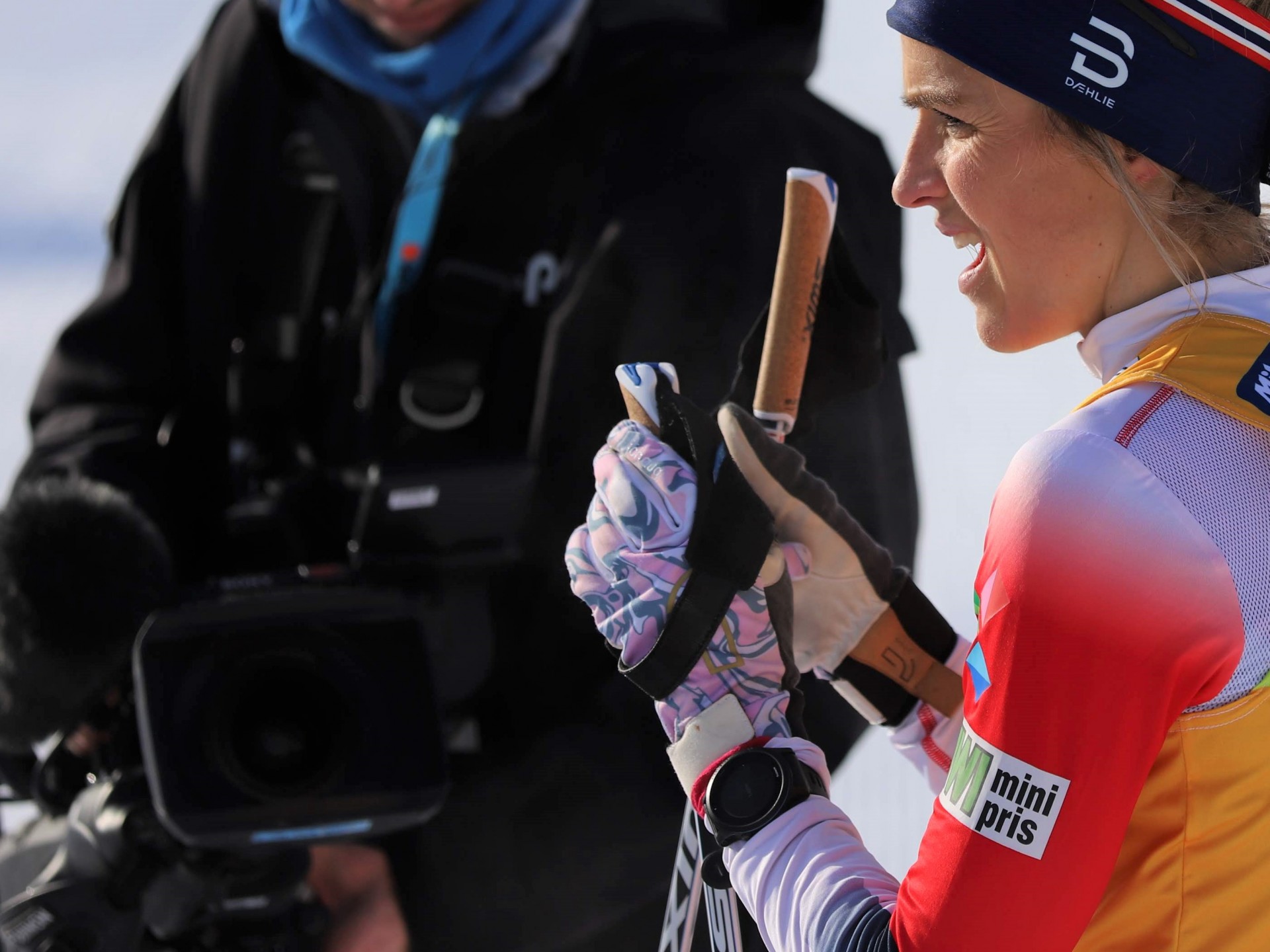
First signs of trouble came from the East: Russian national public broadcaster, VGTRK/ Rossiya 1, had pretty much shut its sports broadcasting. A newly formed dedicated national sports channel did not have a burden of the word “public” – and had quickly calculated that the math is not there: instead of buying international cross country skiing rights one could buy a lot of visuals of various under-card martial arts bouts and snooker tournaments. Much better bang for the buck. The fact that the Russian skiers are doing better and better has changed nothing in that attitude.
Then the German skiers stopped winning. ARD/ ZDF is the world richest public broadcaster, money for crosscountry skiing is (probably) peanuts for them – but who would watch German skiers fighting for Top 30 when German combiners sweep the whole podium? Almost all German advertisers have quickly abandoned the international skiing as result.
In 2020 the skiing more than ever depends on Norwegian NRK, Swedish SVT and Finnish YLE. They are not just main money bags – they each have a dedicated skiing fan base that justifies the expense. They are the ones who guarantee stability and traditions so beloved by many a fan
There is just one problem, but of a radical sort.
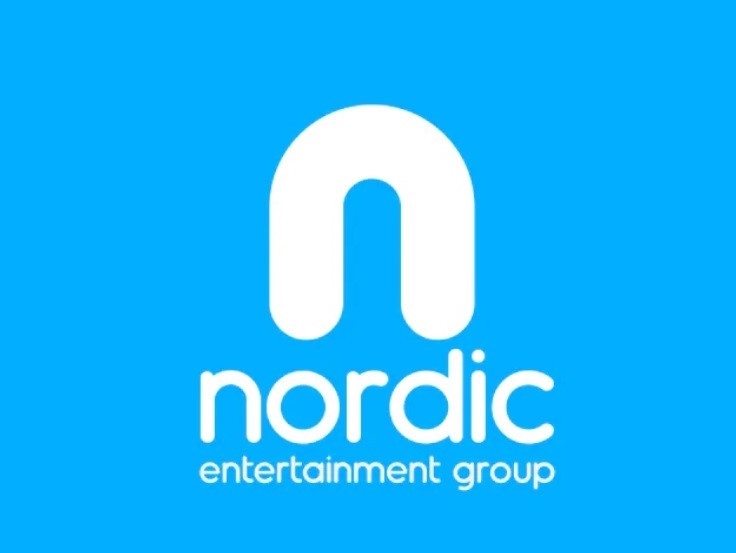
As of 2021/2022 season the NRK-SVT-YLE cartel will be showing skiing no more. They all lost bidding wars to the rapidly rising regional rival: Nordic Entertainment Group or NENT.
NRK for whom the skiing is extremely important part of its content programming had really tried, going much higher in their bid than ever before but NENT simply brushed them aside with their offer.
In case it’s not obvious – NENT is a pay TV/online operator. It charges for monthly access and, occasionally, for access to specific events. Its most audience- appreciated products appear to be UFC bouts, The English Premier League and Formula One. They also like to mention “content for young adult viewers”
They are in it to make money and see no particular point to hide that.
One needs to keep things in perspective,however: NENT did not buy cross-country television rights specifically, it was a part of the batch containing all sorts of other winter sports.
What happens to the Nordic combined or to the ski jumping is not part of this discussion (hint: nothing – they are undersigned by the Germans and the rest of continentals).
But cross country skiing it affect massively.
One crack in the system has probably appeared already. Sparebank 1, Team Norway’s main sponsor for years has refused to extend the agreement. Could be a coincidence – but what sense does it make for a banking group to pay millions to promote something only a relatively few well-heeled viewers would watch? Or will NENT find a way of keeping making people pay and watch, the way they do with handball in Norway?
We have to state for the record: we are not privy to NENT business strategy plans. We are not even sure it still has the same strategy as it had last year: the boss of its Norwegian sports division who by all indications was instrumental in paying the amount of money that made NRK openly gasp
, is no longer working for NENT.
But one does not have to be: The company says openly and rather proudly: ” We entertain millions of people every day”. Entertain,you see?
Things shall never be the same for the international cross country skiing.
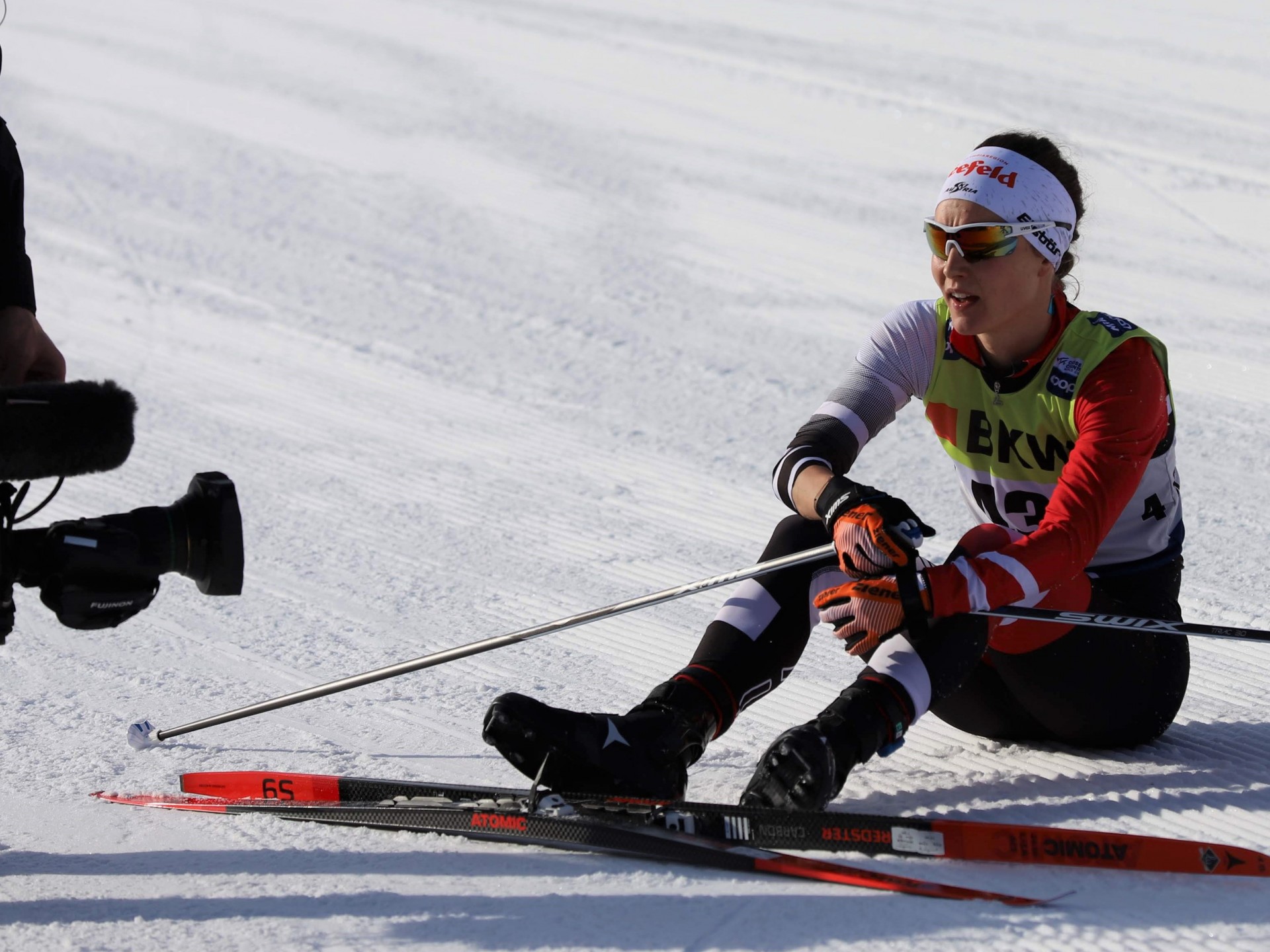
Related Posts
- Move over, NRK, SVT etc. – new broadcaster steps in
- Norwegian Skiing Stays Norwegian. At Least When It Comes To Broadcasting
- Who Are New TV Rights Holders In Nordic Countries And Why Are They Successful
- Norway puts its economic might on display in Planica to dismay of other nations
- How much does it actually cost to prepare an Olympic champion? We talk to the man in the know
